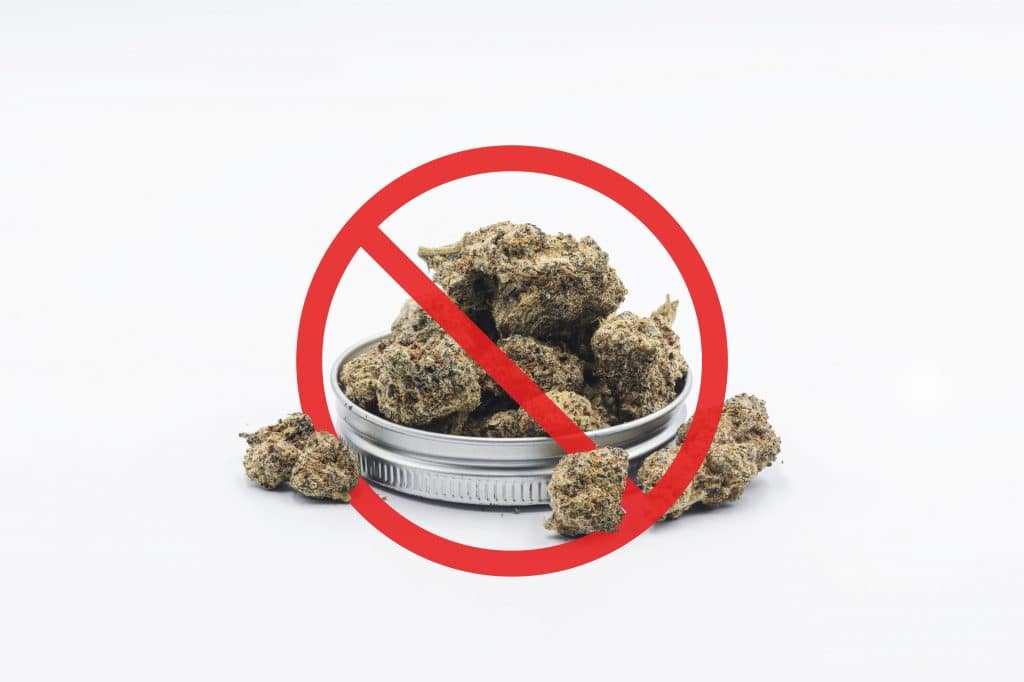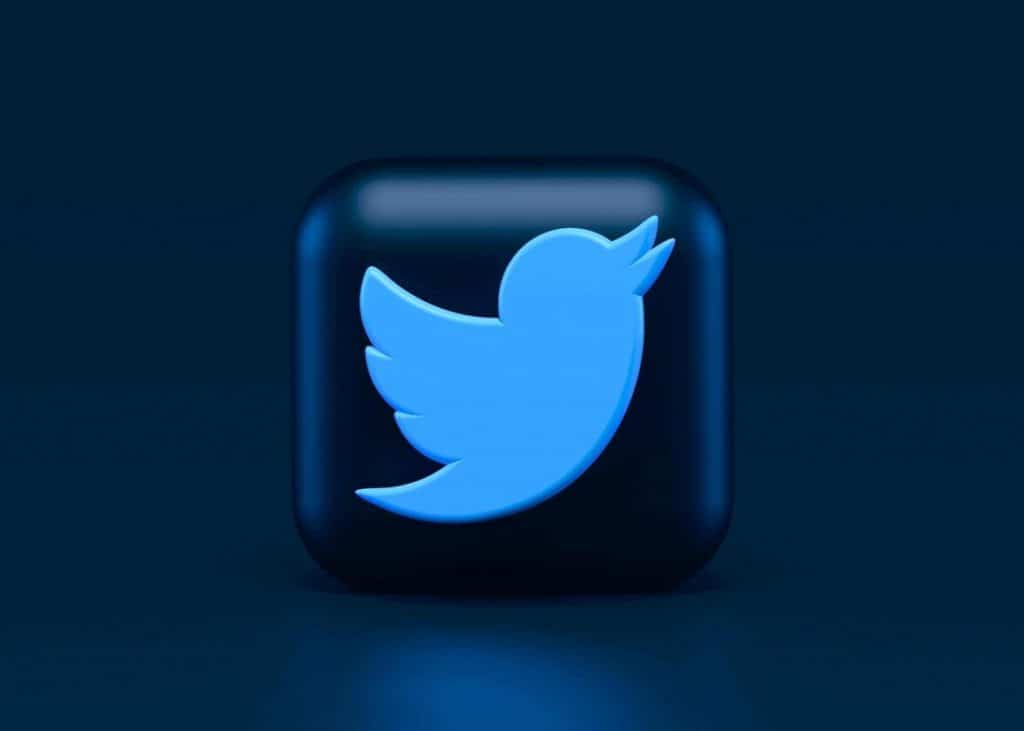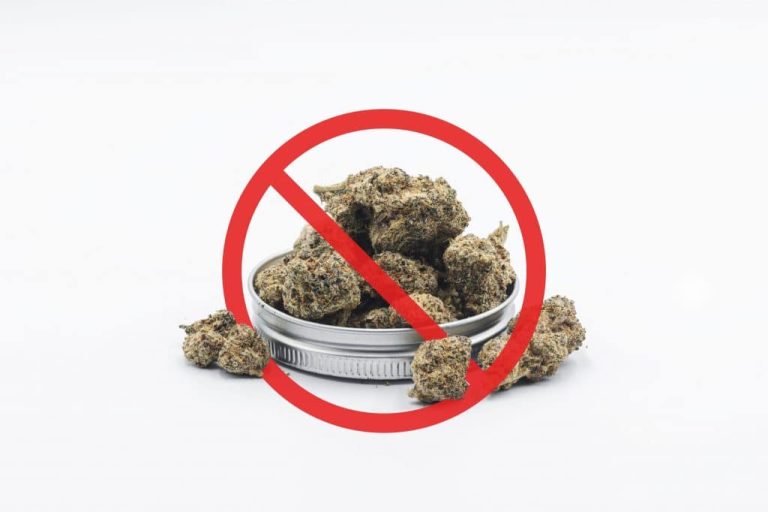Advertising on social media is synonymous with running any kind of business; yet the weed industry gets shut out by harsh advertising restrictions. A recent announcement by Twitter about its new cannabis advertising policy looks to change this, and pave the way for marijuana brands to show their stuff on social media.
Twitter first loosened cannabis advertising policy in February
Drugs like cannabis and social media have gone together like oil and water thus far; mainly because of harsh cannabis advertising policies shared by the biggest social media platforms. This applies to Facebook, Instagram, Twitter, and TikTok, as well as Google in general. In recent months, Twitter has broken away from this status quo to create a new cannabis advertising policy.
The shift started this February, when the social media giant first changed policy to let in advertising to the US markets by some cannabis companies. This was not a free-for-all, and applied only to legal and ‘approved’ cannabis companies, as well as other advertisers. Twitter stated at the time, “We permit approved Cannabis advertisers to target the United States.”
Unsurprisingly, with this as the first beacon for hope in social media, many cannabis companies quickly jumped onboard; though some were more skeptical and wanted to see what would happen. In the former group, vape brand Pax was quick to get in on it, with vice president of marketing, Luke Droulez, explaining that the company is “among the first of Twitter’s cannabis advertising partners.”
Welcome readers! Please check out the Cannadelics Weekly Newsletter for direct email updates; and a ton of offers for cool swag like weed flowers, vapes & smoking paraphernalia, edibles, cannabinoids (like HHC), amanita mushroom extracts, and way more stuff. Let’s all feel good together!
This was not across the board, as exemplified by Theory Wellness, a multi-state cannabis company from the East coast. CMO Thomas Winstanley believed this new approach to be “more symbolic than it is practical for our operations.” He pointed out that Twitter already opened this advertising market in Canada, for which it holds different restrictions.
Twitter quickly upgraded cannabis advertising policy further
That was back in February. Now it’s less than three months later, and Twitter is already expanding out this policy further. In an ad posted recently, the company stated it had “gathered meaningful feedback from the cannabis industry which we have taken into consideration to create even more opportunity.” The post was put up by Alexa Alianiello, Twitter head of sales and partnerships.
The ad continued, “We have also made some changes for medical licensees and opened up additional recreational markets (some restrictions apply).” Current rules are publicly posted in the company’s ‘Drug and drug paraphernalia’ policy.
According to Rosie Mattio, CEO of Mattio Communications, a cannabis industry marketing company, the following states now can have medical products marketed to them: Alabama, Arkansas, Florida, Minnesota, Mississippi, Missouri, Oklahoma, Pennsylvania, Puerto Rico, Rhode Island, South Dakota and West Virginia. Ads for Missouri’s adult use market also get a pass.
As per MJBizDaily, Mattio explained that these policy updates are meant to widen the market and provide “a lot more opportunity for these brands to reach consumers and teach them about the actual product, (as opposed to) it just being a brand-awareness type of play.”
Twitter wants to include as many markets as possible it seems. The platform also allows marijuana ads for Canadian and Thai consumers. As of right now, Twitter is going at it alone. Facebook, Instagram, TikTok, and Google are all held off by their parent companies, or internal policies, which don’t allow drug advertising. Google is a minor exception in that it does permit some advertising for specific hemp and CBD products.

Twitter woes
With this news, Twitter gives new hope to the cannabis industry. And considering the problems it has, particularly related to decreased sales by legal companies, this is a very positive move. It’s been a rough ride as of late, and this news means a new avenue for companies to find customers. It also means Twitter makes itself the social media focus of the industry, which could help it out as well. After all, Twitter has its issues too.
As per Alianiello’s post, “Earlier this year we took measures to relax our Cannabis Ads policy in certain US states, allowing advertisers to promote cannabis-related content for CBD, THC, and cannabis-related products and services. This was the largest step forward by any social media platform to create more opportunities for responsible cannabis marketing.”
This is true. But why would Twitter want to go out on this limb? Could it be a way to try to fix its own problems? While Twitter has soldiered on over the past decade, it hasn’t done so easily. According to the Wall Street Journal via Ars Technica, from 2012 to 2021, the company posted net losses in eight of the 10 years. In 2022, it had not shown an annual profit since 2019.
Twitter is no longer a public company as of October, 2022, when the company was bought in full by Elon Musk. This happened in October, for $44 billion. Musk took Twitter off the NYSE, and made it a privately held company. According to Ars Technica, “Many big companies cut advertising spending on Twitter shortly after Musk’s acquisition, largely over concerns about content moderation. Twitter offered special deals to advertisers throughout December 2022, but it wasn’t enough to prevent the 40 percent revenue and earnings declines.”
Of course, Musk didn’t jump onto a well-functioning ship if the company was already having issues making a profit. Musk lamented in a February Twitter post that he had had a hard three months since he had to save Twitter from bankruptcy. At the time he took it over, he said the company was losing $4 million daily.
He immediately got to work, cutting staff to lower expenses, getting rid of thousands of contractors, and essentially telling anyone who stayed that they’d be subject to long and intense work days; something he seemed to want a direct commitment for. And something which implies quite an extra workload if it had to be said. Many resigned at that time, taking three months severance instead.

Twitter and cannabis – a symbiotic relationship?
Twitter came into being in 2006 as a way to post short ‘tweets’ (originally only 140 characters) in real-time. The character limit was raised in 2017 to allow 280 characters. The site initially gained prominence in 2007 via the SXSW festival, in which posters could see their posts come up in real time.
Twitter grew to a user base of 30 million active users a month. But seemed to have issues introducing new products like Vine and Periscope, both of which failed. In fact, Twitter hasn’t gotten anything else to work outside of its platform. This could be at least in part due to bad management. Twitter has had several changes in leadership over the years; something that happens more frequently when companies are in turmoil.
As of right now, according to Business of Apps, Twitter has 368 million active daily users, and a US user base of 63 million. Though Twitter did generate about $4.4 billion revenue in 2022, this was an 11% year-on-year decline. Of the revenue it did make, a huge 90% came from advertising. And that’s important here, as the most recent move the platform made, was to introduce, and then widen, advertising for cannabis products.
This change in thought is likely related to Elon Musk taking over. Many advertisers left at the time, possibly related to statements made by Musk about unblocking accounts meant to be blocked forever; something he did do, at least to a degree. Many advertisers didn’t like the idea of their ad content being on or near what they considered undesirable content.
The recent news of Twitter instituting an advertising policy for cannabis, seems in line with the idea of increasing advertising in general; Twitter’s main source of revenue. And in so doing, it does create a symbiotic relationship between the social media platform, and the legal weed industry. Musk now allows advertising for what is more and more becoming a failing industry; and Musk gets to increase advertising revenue, for his possibly failing social media platform.
Conclusion
A possible positive to all this, is that it could help small businesses. Twitter’s move to open advertising on social media, might provide a way for smaller companies to get a louder voice in an industry that practically runs them over. Either way, and regardless of turnout, this new policy represents a new shift in how cannabis is advertised.
Welcome to the site. We appreciate you dropping by Cannadelics.com; a news source designed to bring you top-level independent reporting for the cannabis and hallucinogen landscapes. Join us daily to remain in-the-loop, and subscribe to the Cannadelics Weekly Newsletter, so you’re up-to-date on all the news.
